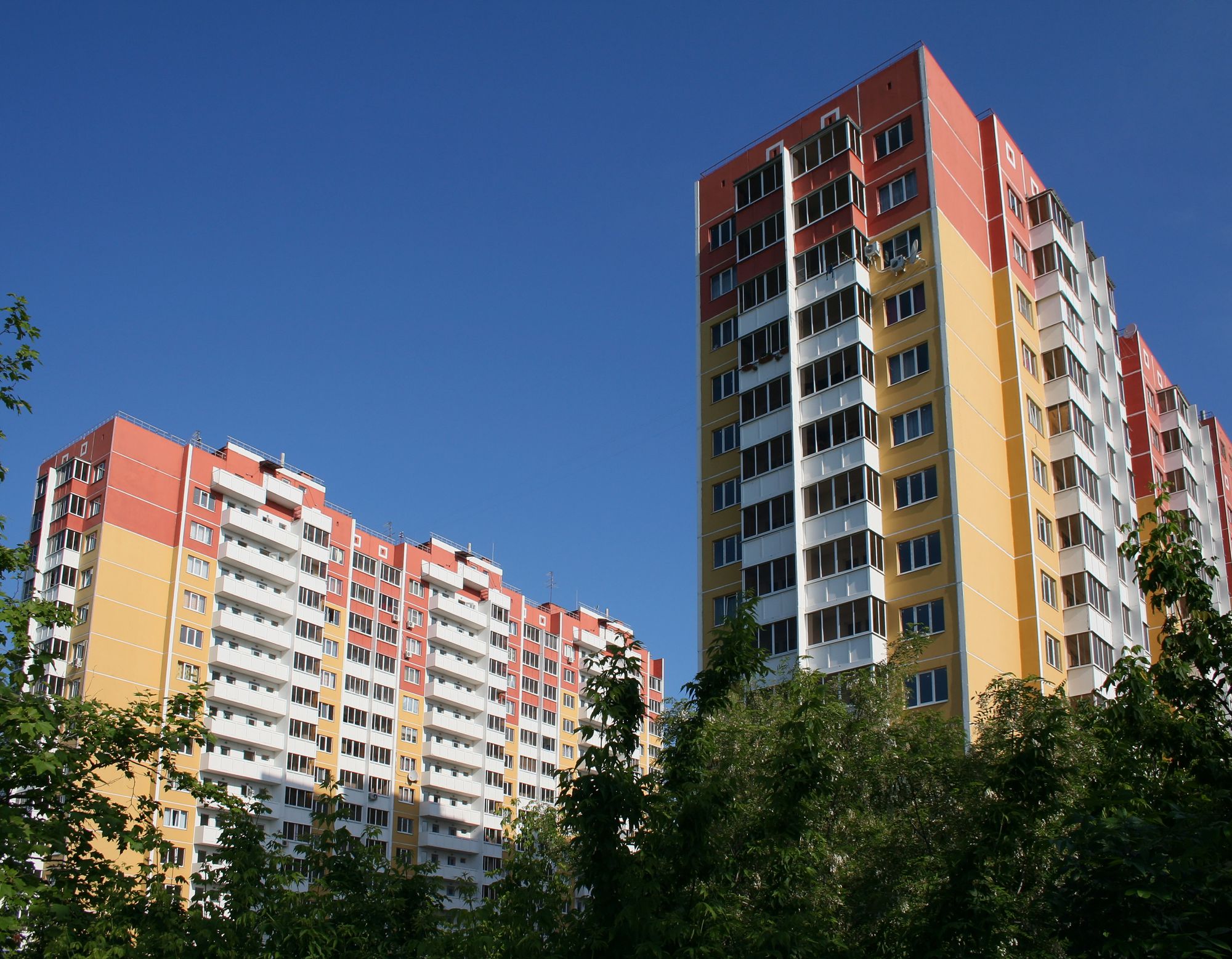Property Titles: Freehold vs Leasehold
Freehold property refers to property that you can own for an indefinite period of time.

Freehold Property
Freehold property refers to property that you can own for an indefinite period of time. In Singapore, there are two types of freehold titles, “Estate in Fee Simple” and “Estate in Perpetuity”.
Estate in fee simple is the superior form of freehold title granted by the state to an individual without conditions while estate in perpetuity is a freehold title subject to the terms under State Lands Act; such terms include rights of the State to have free access to land, take minerals and resources underneath the land and duty to maintain boundary marks.
Freehold properties can be acquired by the Government under the Land Acquisition Act 1966. The Land Acquisition Act gives the government the right to acquire any parcel of land in Singapore for public purposes. This compulsory acquisition by the Government is indisputable and the decision of the Government is final.
Leasehold Property
A leasehold property is an ownership of a temporary right to use and hold the property by the form of a leasehold title. Leasehold title is an interest in land and entitles the lessee an indefeasible right to use and hold the property. When the lease expires, the land title and property will be reverted to the original owner.
One prominent example of a leasehold property in Singapore is the housing and development board (HDB) flats. Each HDB buyer enters into a leasehold agreement with the government for the right to occupy and use the property for 99 years. When the mortgage on the HDB is fully paid, the buyer does not own the property but owns a right to exclusively occupy the space for the said lease period. Once the 99 years lease expires, the ownership of the HDB flat will be reverted to the state.
How to determine the title of a property?
Every parcel of land in Singapore has to be registered in the Land Titles System under the Land Titles Act 1993 for it to be recognised by the Singapore Court of Law. Property information on land titles can be acquired through a simple search in Integrated Land Information Service (INLIS), at a nominal fee.
How do I get my property freehold?
Freehold title was originally issued by the Government. However, the Government has since ceased issuing freehold titles in the Government Land Sales (GLS) programme, any new launches by the Government are leasehold titled. The leasehold on land sold through the GLS programme range from 15 years for transitional office space to 99 years for residential land.
Freehold property can only be purchased from existing freehold property owners.
Do titles matter?
Freehold properties tend to fetch a premium for reasons including the potential for higher capital appreciation due to the scarcity of limited freehold titles being issued, not being subjected to lease decay and owners having greater autonomy over their land.
It is debatable whether freehold or leasehold is better. Ultimately, it is to the preference of the owner. Leasehold properties are more affordable compared to freehold properties. If a homeowner does not want to lock up too much capital or prefers to have a lower debt burden, he would opt for a leasehold property.
Freehold versus leasehold
Ownership
Freehold property owners have ultimate ownership of the property whereas leasehold property owners have exclusive rights of possession of the property during the lease period. The ownership of the leasehold will be reverted to the original owner of the property once the lease period ends.
Financing
There are more criteria to be met when purchasing leasehold properties using CPF monies than freehold properties. For instance, CPF monies cannot be used to finance any property purchase if the remaining lease period is less than 30 years. This limitation is not applicable for freehold property as the owner has perpetual ownership of the land. Banks prefer to hold freehold property as collateral rather than leasehold property. This is because leasehold property loses its value exponentially with time due to lease decay. Also, banks are more inclined to provide a higher loan-to-value ratio for freehold property as it is deemed to be a safer instrument as compared to leasehold property. With a higher LTV ratio, buyers of freehold properties can borrow more against the value of the properties compared with leasehold buyers.
RealVantage is a real estate co-investment platform which provides our members access to build their own global real estate portfolio with diversification across geographies, sectors and investment strategies.
Read also: Capital preservation explained
About RealVantage
RealVantage is a leading real estate co-investment platform, licensed and regulated by the Monetary Authority of Singapore (MAS), that allows our investors to diversify across markets, overseas properties, sectors and investment strategies.
The team at RealVantage are highly qualified professionals who brings about a multi-disciplinary vision and approach in their respective fields towards business development, management, and client satisfaction. The team is led by distinguished Board of Advisors and advisory committee who provide cross-functional and multi-disciplinary expertise to the RealVantage team ranging from real estate, corporate finance, technology, venture capital, and startups growth. The team's philosophy, core values, and technological edge help clients build a diversified and high-performing real estate investment portfolio.
Get in touch with RealVantage today to see how they can help you in your real estate investment journey.
Disclaimer: The information and/or documents contained in this article does not constitute financial advice and is meant for educational purposes. Please consult your financial advisor, accountant, and/or attorney before proceeding with any financial/real estate investments.
